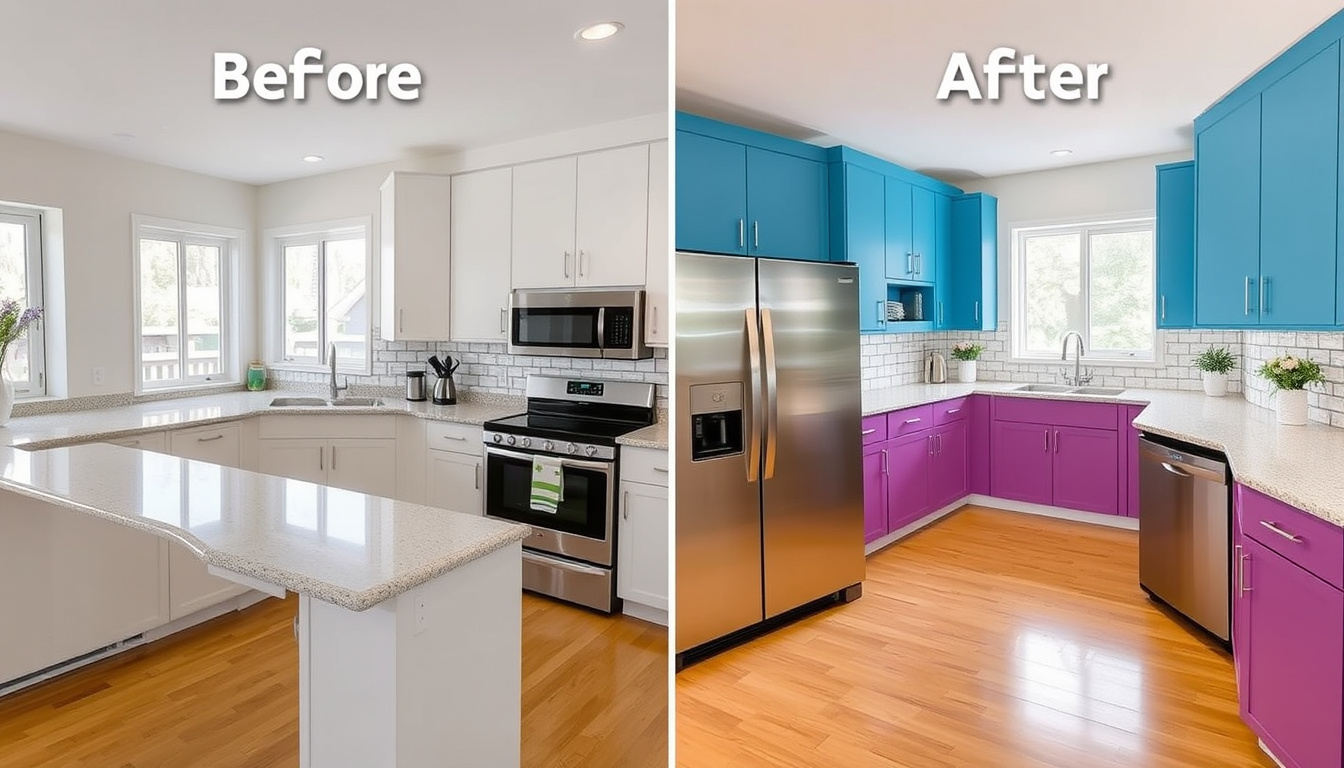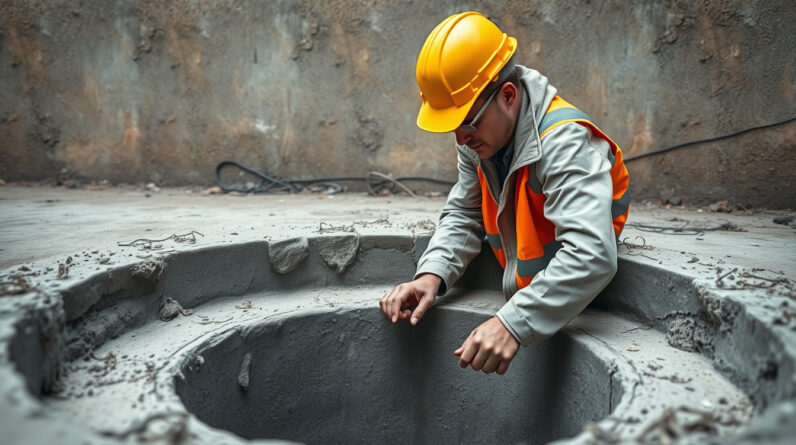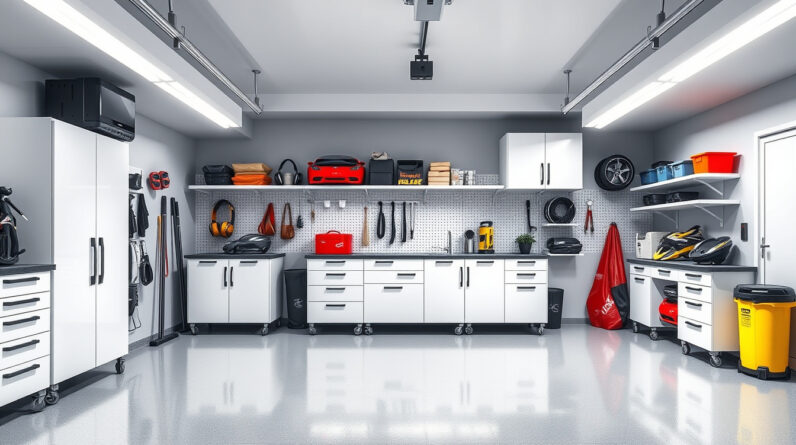Embarking on a kitchen remodel can be both exciting and overwhelming. Whether you’re upgrading outdated cabinets, optimizing space, or modernizing your appliances, a successful kitchen remodel transforms your space into a functional culinary haven. With careful planning and attention to detail, you can ensure your kitchen remodel is smooth, efficient, and results in a beautiful, lasting outcome. In this article, we’ll explore top tips for a successful kitchen remodel you can’t miss.
Understanding Your Goals for Your Kitchen Remodel
Before diving into the renovation process, it’s essential to define your goals. Ask yourself:
- What are the main issues with my current kitchen?
- Do I want a more open layout or better storage?
- Are energy-efficient appliances a priority?
- What style am I aiming for?
Having clear objectives guides decision-making, budget allocation, and designer consultations, setting a solid foundation for your project.
Creating a Realistic Budget
A pivotal step in any kitchen remodel is establishing a budget. Kitchen renovations can vary widely in cost, depending on scope and materials. To avoid surprises:
- Research average costs for materials and labor.
- Include a contingency fund (typically 10-20%) for unexpected expenses.
- Prioritize must-have features over luxury upgrades if your budget is limited.
Remember, a well-planned budget ensures you get the most value from your investment without financial stress.
Designing a Functional Layout
An effective kitchen remodel balances aesthetics with functionality. Consider the classic “work triangle” — the optimal distance between the sink, stove, and refrigerator — to enhance efficiency. Think about:
- Traffic flow: Avoid congestion zones.
- Storage needs: Incorporate cabinets, drawers, and pantry options.
- Lighting: Combine task, ambient, and accent lighting.
Using professional tools or consulting with an architect can help you craft a layout tailored to your lifestyle.

Choosing Quality Materials and Appliances
Durability and style go hand-in-hand in a successful kitchen remodel. Select materials that withstand daily use, such as:
- Quartz or granite countertops
- Hardwood or tile flooring
- Solid wood cabinets
When choosing appliances, prioritize energy efficiency, durability, and compatibility with your needs. Investing in high-quality products reduces maintenance and enhances your kitchen’s longevity.
Hiring the Right Professionals
While DIY projects can save money, some aspects of a kitchen remodel benefit from expert intervention. Consider hiring:
- Licensed contractors for construction and plumbing work
- Interior designers for style and layout ideas
- Electricians and plumbers for specialized installations
Vet professionals thoroughly by checking references and reviews. Good workmanship ensures safety compliance and quality results.
Managing Your Remodel Timeline
A clear timeline keeps your project on track. Establish milestones for:
- Design finalization
- Permitting and approvals
- Demolition
- Construction and installation
- Final inspections and finishing touches
Regular communication with your contractor minimizes delays and keeps you informed throughout the process.
Prioritizing Permits and Regulations
Before starting construction, familiarize yourself with local building codes and permit requirements. Failing to obtain necessary permissions can cause costly delays or fines. Working with experienced contractors often simplifies this process, as they handle permits and ensure compliance.
Incorporating Modern Technology and Sustainability
A modern kitchen remodel can include smart technology and eco-friendly features:
- Smart appliances and lighting controls
- Energy-efficient heating and cooling systems
- Water-saving fixtures
These upgrades can enhance convenience, lower utility bills, and contribute to environmental conservation.
Final Checklist for a Successful Kitchen Remodel
To sum up, here is a concise checklist:
- Define your project goals.
- Set a realistic budget with contingency funds.
- Design a functional layout.
- Choose durable, stylish materials and appliances.
- Hire qualified professionals.
- Develop a detailed timeline.
- Secure necessary permits.
- Integrate technology and sustainability.
- Communicate regularly with your team.
- Prepare for unexpected issues.
By following these tips, your kitchen remodel will not only meet but exceed your expectations.
FAQ Section
Q1: What is the most important aspect of a kitchen remodel?
A1: The most important aspect is creating a functional layout that suits your lifestyle while incorporating quality materials and appliances for durability and style.
Q2: How long does a typical kitchen remodel take?
A2: On average, a kitchen remodel takes about 6 to 12 weeks, depending on the scope and whether unforeseen issues arise.
Q3: How can I save money on my kitchen remodel?
A3: You can save money by prioritizing essential upgrades, choosing cost-effective materials, doing some DIY work, and hiring experienced professionals who work efficiently.
Sources:
American Society of Interior Designers (source) emphasizes the importance of planning and professional guidance in remodeling projects.
Conclusion
A kitchen remodel is a significant investment that can dramatically improve your home’s value and your daily life. By setting clear goals, budgeting wisely, choosing quality materials, and working with experienced professionals, you set yourself up for success. Remember, the key to a successful kitchen remodel lies in careful planning, effective communication, and attention to detail. Don’t wait any longer—start planning your dream kitchen today and turn your vision into reality!








